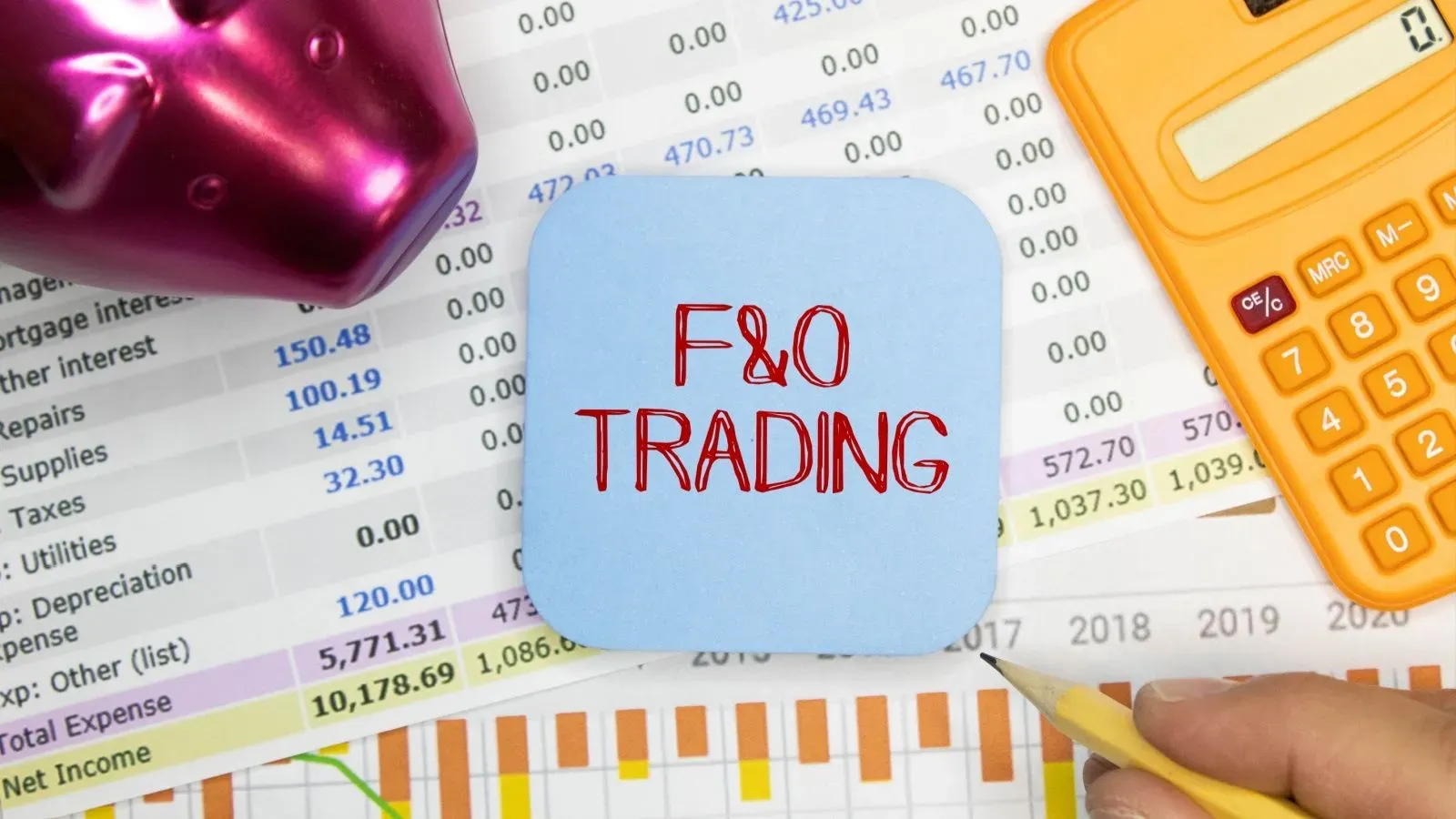Optionable stocks: Everything you need to know and more
Written by Upstox Desk
Published on August 29, 2025 | 5 min read

Summary:
Stocks that qualify for options trading are called optionable stocks. With these stocks, you can amplify gains, hedge against risks, and create customised investment strategies. They also enjoy high liquidity thanks to their higher trading volumes.
When 26-year-old Rakesh wanted to engage in options trading, he was surprised that his preferred stock was missing from the exchange. Upon due diligence, he discovered that the stock was not optionable. So, what does an optionable stock mean, what are the benefits, and what are the requirements for a stock to be optionable? Let’s find out.
What are optionable stocks?
Before understanding optionable stocks, you need to understand the concept of options trading. Options trading allows you to transact in a particular stock at a predetermined price, known as strike price, on a specific date. Basically, there are two types of options -
- Call option:With the call option, you get the right (but not the obligation) to buy shares at the strike price. Investors use this option when they believe a stock’s price will increase.
- **Put option:**With the put option, you get the right (but not the obligation) to sell the shares at the strike price. Investors use this option when they believe a stock’s price will decrease.
An optionable stock simply refers to a stock that qualifies for options trading. It is a stock for which options contracts (call and put) are available. To put it in another way, an optionable stock is one for which you can buy and sell options.
Benefits of optionable stocks
Now that you know the meaning of optionable stocks, let’s look at the various benefits you get with such stocks:
- Amplify gains:Optionable stocks can amplify gains. With call options, you can magnify gains even if a stock’s price goes up, as it allows you to purchase a stock at its strike price. So, for example, if a stock’s price has gone up to INR 300 from INR 250, you can buy it at INR 250 by exercising a call option, thus making a gain of INR 50.
- Protection against risk:Risks are an inherent part of stock market investing. Risks emerge from several aspects, most of which are beyond your control. That said, deploying effective risk management strategies to protect your gains from eroding is vital.
Optionable stocks can help you mitigate risk through the put option. With the put option, you have the right to sell the share at its strike price. So, if a share’s price falls, you can effectively nullify the losses by exercising the put option.
- Customised investment strategies:This is another significant benefit. Optionable stocks allow you to try out various combinations of put and call options to maximise gains. Since comfort levels differ across investors,optionable stocks are like a toolbox of various strategies you can deploy as per your goals and risk tolerance.
- **More liquidity:**Liquidity matters when it comes to stock market investments. If your stocks are not liquid enough, you may find it difficult to convert them into cash when the need arises. This can become an issue in an emergency. However, things are different with optionable stocks. Optionable stocks have a higher trading volume, which provides them greater liquidity than other stocks.
What makes a stock optionable?
Note that not all stocks of publicly traded companies are optionable. A stock must meet certain criteria to be listed as an optionable stock. These criteria are laid by the Securities and Exchange Board of India (SEBI), India's capital market regulator. For a stock to be listed as an optionable it must:
- Have a minimum market-wide position limit of INR 50 crores
- Have the highest daily market capitalisation and traded value in the last six months on a rolling basis, ranking within the top 500
- There should be no winding up petition for the company from the National Company Law Tribunal (NCLT). A winding up petition refers to the dissolution petition filed against a company by its creditors, with the NCLT, when it cannot pay its debts. It’s a last resort to recover the dues the company owes to its creditors by liquidating its assets
- In the previous six months, the stock's median quarter sigma order size should be at least INR 1 lakh
If a stock fails in any of the eligibility mentioned above criteria for three consecutive months after receiving the optionable stock status, it’s excluded from the list.
How do you find optionable stocks?
You can find optionable stocks for options trading on the Bombay Stock Exchange and the National Stock Exchange. With Upstox, you get a comprehensive list of optionable stocks, and with the platform’s option strategy builder, you can build your own options strategy with different products.
In conclusion
By incorporating optionable stocks in your portfolio, you gain the potential to make more gains and hedge against risks. Having said that, options trading is a complex ballgame, and you need to educate yourself thoroughly to leverage its potential to the fullest.
About Author
Upstox Desk
Upstox Desk
Team of expert writers dedicated to providing insightful and comprehensive coverage on stock markets, economic trends, commodities, business developments, and personal finance. With a passion for delivering valuable information, the team strives to keep readers informed about the latest trends and developments in the financial world.
Read more from UpstoxUpstox is a leading Indian financial services company that offers online trading and investment services in stocks, commodities, currencies, mutual funds, and more. Founded in 2009 and headquartered in Mumbai, Upstox is backed by prominent investors including Ratan Tata, Tiger Global, and Kalaari Capital. It operates under RKSV Securities and is registered with SEBI, NSE, BSE, and other regulatory bodies, ensuring secure and compliant trading experiences.






















